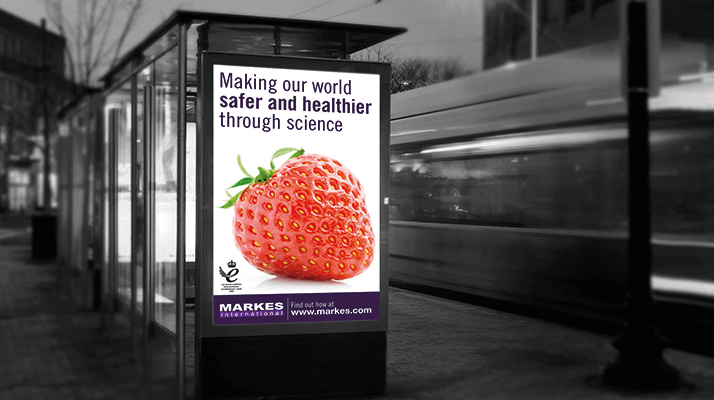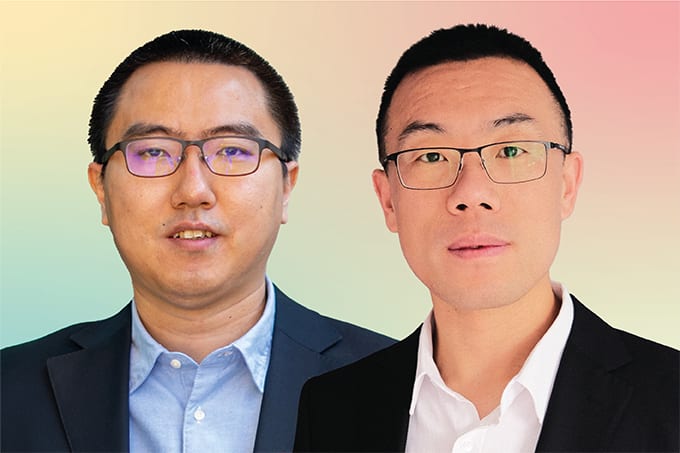Markes International is a relatively small company – just over 100 people – and that means the cofounders have been able to successfully foster a culture of social responsibility that echoes their own ethics and roots. Typically, those involved in analytical science are inherently socially responsible – assisting as they do in endeavors focused on ensuring a safer and healthier world – and that’s an excellent cornerstone for CSR. Markes is certainly proud that its products have a positive effect on society; they help scientists to detect chemicals in materials, products and the environment and in doing so, make the world a better place. But Markes go one step further, honing in on the activities of less responsible companies with a long-term focus on trace-level volatile and semi-volatile organic compounds released by industry. Indeed, providing straightforward and reliable detection of such chemicals is the first step in gaining knowledge, increasing pressure, and finally driving legislation – thus minimizing the impact on public health. What could be more socially responsible than that?

Markes International is a relatively small company – just over 100 people – and that means the cofounders have been able to successfully foster a culture of social responsibility that echoes their own ethics and roots. Typically, those involved in analytical science are inherently socially responsible – assisting as they do in endeavors focused on ensuring a safer and healthier world – and that’s an excellent cornerstone for CSR. Markes is certainly proud that its products have a positive effect on society; they help scientists to detect chemicals in materials, products and the environment and in doing so, make the world a better place. But Markes go one step further, honing in on the activities of less responsible companies with a long-term focus on trace-level volatile and semi-volatile organic compounds released by industry. Indeed, providing straightforward and reliable detection of such chemicals is the first step in gaining knowledge, increasing pressure, and finally driving legislation – thus minimizing the impact on public health. What could be more socially responsible than that?




